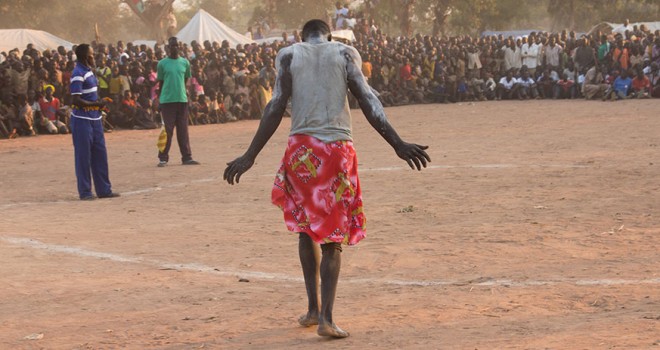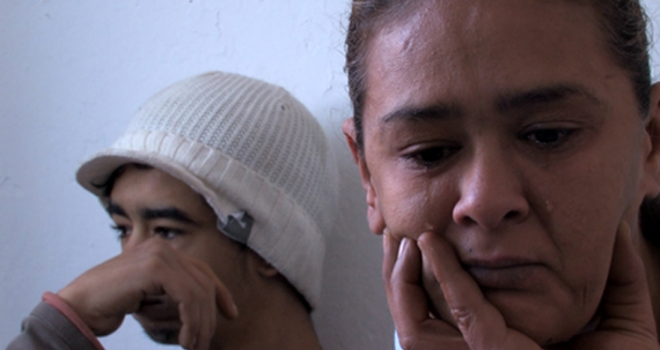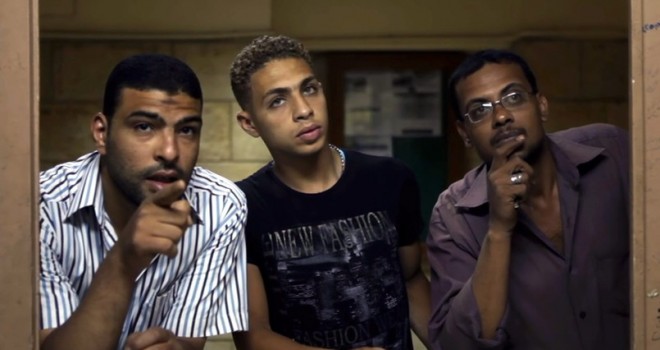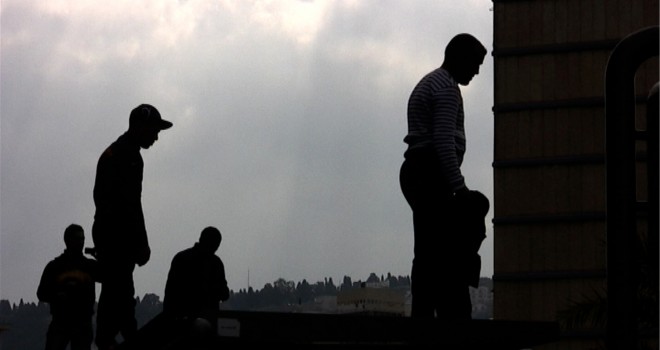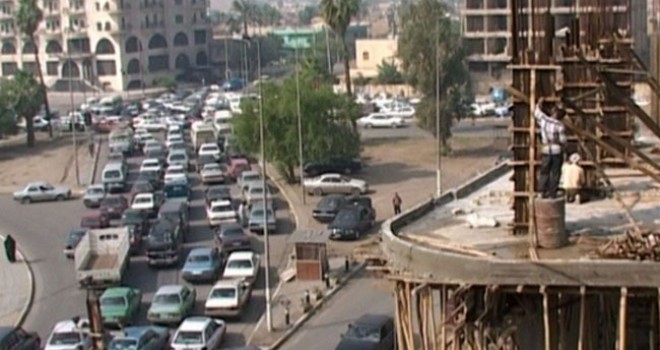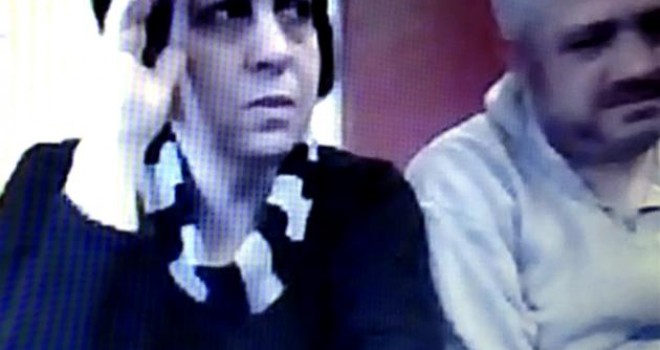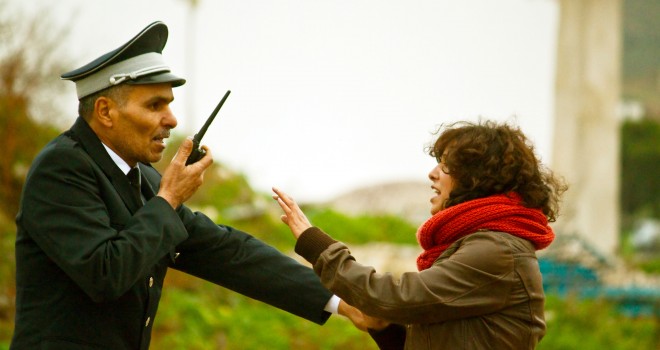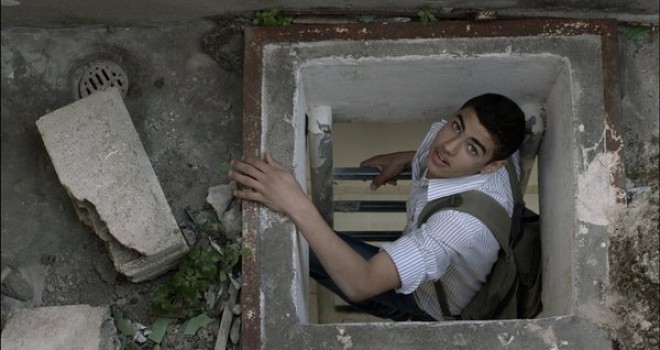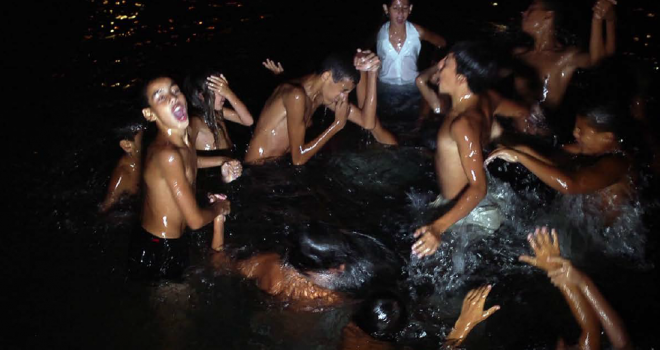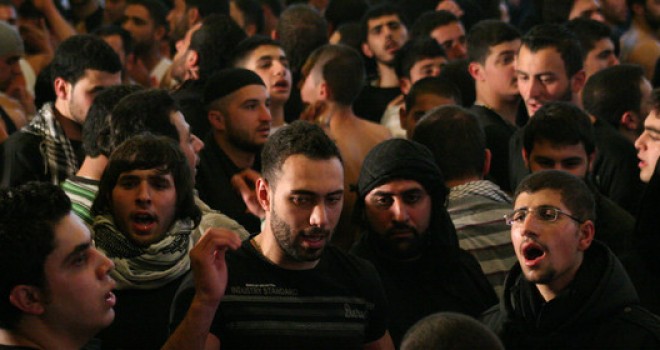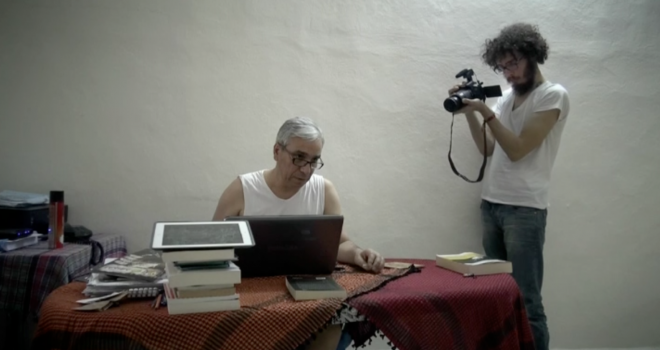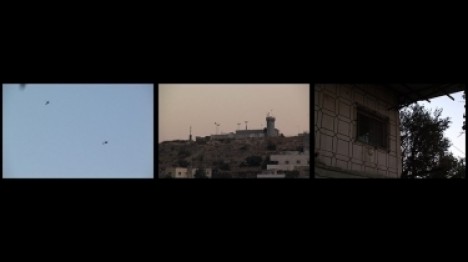The Cortege of Springs
A fourth anniversary will soon be upon us: the Tunisian spring might have seemed premature to those who saw it suddenly spawn a month of December, or belated to those who saw it finally sweep away Ben Ali and his henchmen after their twenty-three years at the pinnacle of a power buoyed up by surreptitious permissiveness. We did not see the Tunisian revolt and its repercussions coming, any more than we anticipated the extraordinary wave of protests that quickly spread across the whole of the Arab world, often perceived as anomic. We seem to have underestimated the youthfulness of its populations, and the humiliations and anger of those who – with their contradictory blueprints for society (Islamists, liberals, democrats, nationalists…) – had seen authoritarian or monarchic regimes stifle for too long the changes envisioned in post-colonial constitutions. Espousing the almost lapidary expression from the letters of Sandor Krasna (alias Chris Marker), it might be said that History had turned truly bitter for those who had one day hoped to taste its sweetness.
So where are we today? Can we infer anything meaningful from these convulsive reactions? The hellish civil war into which Syria has plunged is now spilling over into Iraq and posing a real threat to its Lebanese neighbour. The military have de facto taken control of Egypt and contained (for how long?) the aspirations of the masses who, after ousting Mubarak, overthrew the Brotherhood’s Morsi, shouting with one voice, “We are Egypt”. Chaos reigns in Libya. The Algerian regime’s semblance of pluralism has finally worn down a people living under a perfusion of oil. Morocco adapts its conservative leanings with remarkable diligence to the changes of the moment. The Shiite and Sunni fundamentalists are waging their war at a distance by instrumentalising regional tensions and point a common finger at the diabolic hegemony of the liberal global economy. Meanwhile, the Qatari are creating a diversion by treating themselves to a wintertime Football World Cup. The individual cases all remind us that over-generalized views of these changes are quickly undone by the complex reality on the ground. History will likely give as much of a hard time to its exegetes as to its preachers. Flare-ups, sudden stops, momentary revivals, hi-jackings, irruptions, status quos: what then is a fitting pace for the march of History? A dash of condescendence has prompted some to say that this raging wildfire would give way to business as usual in an Arab world gripped by insurmountable structural archaisms incompatible with democracy. Conversely, it would be tempting to turn this analysis on its head and suppose – long-term conjecturing aside – that a process of major upheaval has just begun. Everywhere, the revolt has been against the State’s failures and excesses and the domination of corrupt and deadly systems. And although some of the old orders are still holding on here and there, entrenched in their seats of power or their hideaways, cracks have appeared. A people’s expectations cannot be indefinitely frustrated or repressed. Nonetheless, on the side of hope, there is an essential question that we must venture to ask – and which could also be a conclusion. If men and women from Morocco to Iraq are driven by universal aspirations for a better future and greater dignity, do they have the capacity to project themselves into this historic epoch, which is both theirs and ours? And do they have, or will they have tomorrow, the necessary vision and resources? How can genuine ideas – and Tunisia proves at least that debate is possible – work their way into society and help clarify aspirations often expressed in a contradictory way, as for example: “we want more liberty and structural reform but are afraid of seeing the hierarchies of traditional order destabilized”?
From the collapse of the great pan-Arabic visions embodied by the Baas party, Nasser and their likes (… and ultimately Kadhafi) to the introverted withdrawal into national issues where governments have shown little appetite for institutional reform and renewal, the gradual re-islamisation of Arab societies will have been the most striking change of the last thirty years. Algeria provided an early and tragic illustration of this. And twenty years later, in 2011, Tunisia’s ousted Ben Ali was transitorily replaced by the Ennahdha party (founded in 1981) and Egypt’s Mubarak by the Muslim Brotherhood. The antagonism that now sets a local secularised Islam at odds with its radical internationalised versions means engaging in a reflection able to restore the “middle path” of the religious compass so as to limit its mediation in the political arena. This does not mean judging the societal and identity-related importance of Islamic values in the Arab world, but rather questioning the capacity or determination of these societies to gradually open up the political debate around this issue and to act on immovable subjects within a renewed framework of questioning.
In fact, there is only one thing that is truly evident: the complexity of the intense and deep-rooted unrest that will likely shake the Arab world for long years to come. And the harder it is to decipher these situations, the greater the number of commentaries, driven by the need to analyse what may well be one of the major upheavals of our time. Yet, since the end of 2010, what have we really seen of these events on our television screens, where the revolts are and have been presented as spectacle? What memories (not to mention shock images) will we keep of what the media have filmed and covered? One conviction at least: the profusion of home movies made by people who took to the streets before overthrowing their rulers outpaced the traditional media to the point that a kind of countervailing power occupied the terrain. But what does the fact of recording the spectacular extremes of situations show? Although these images left no one indifferent, individuals are often no more aware of what they film than what they see when furious fighting, political provocation, opposing slogans, cries of rage and fear, wild hopes, the macabre dance of courage and barbarity all mix together and overlap. In this programme, we have tried to look further than immediate reality. Taking the utmost care to avoid over-generalising so as to restore the amplitude of scale and form, it should ideally be a map where the intimate and subjective serve as attributes of collective experience. From Bagdad to Algiers – without trying to cover everything – it juxtaposes gestures that have different patterns but a similar capacity to measure. A primitive but vital ambition in a stricken world where – to reprise Jacques Rancière’s splendid idea – the cinema affirms that its Time is that of the common destiny. What makes cinema, and even its hesitations, precious is the sensitive experience of the world that it keeps alive with the obstinacy of a beacon-builder. Further proof that the cinema is always more – beyond its aesthetics and the ideas these construct – more than art.
Jérôme Baron



